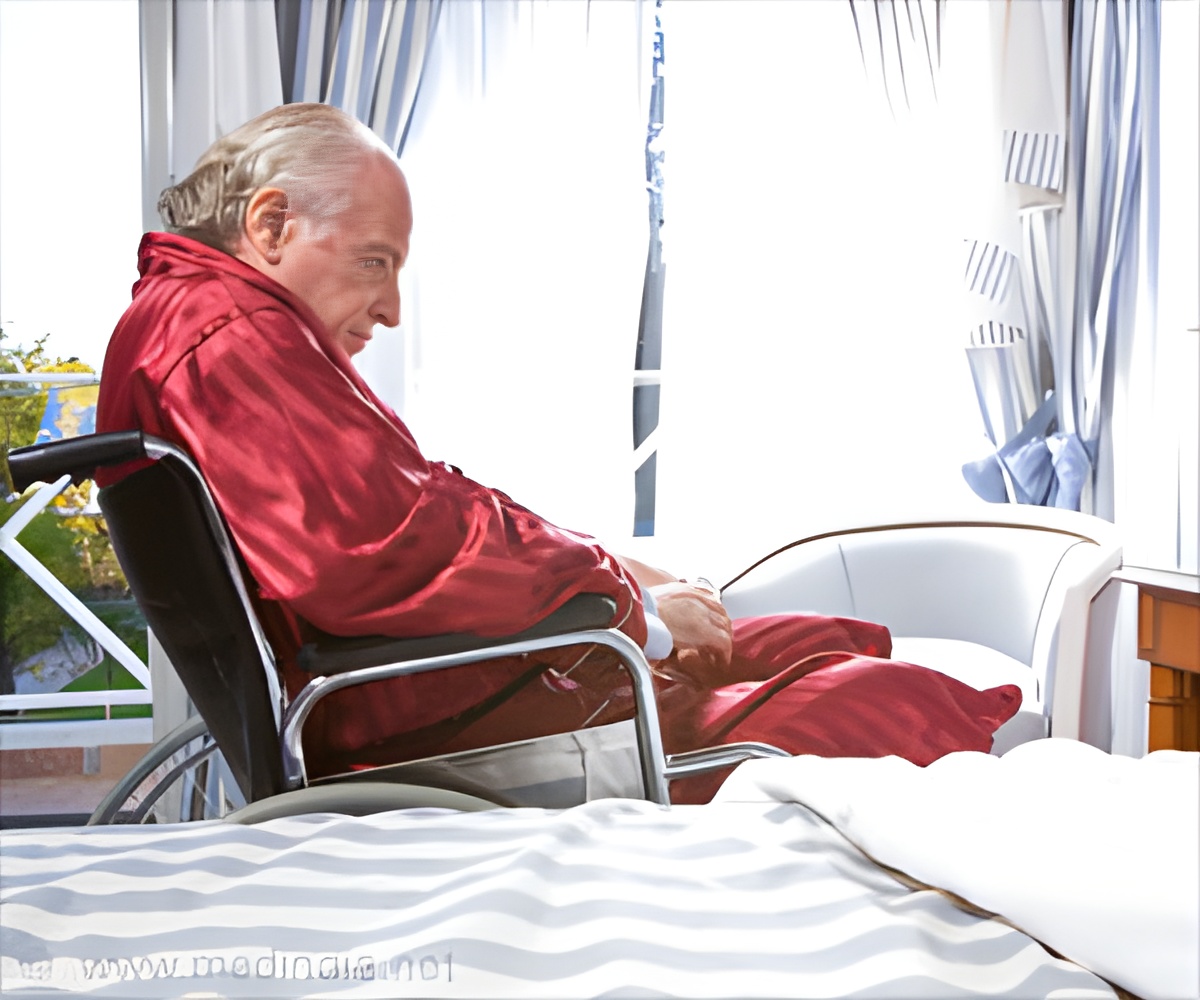
‘Caregivers for older patients with advanced cancer are a vulnerable group. ’
Tweet it Now
Until now, no large study has evaluated whether or not caring for older adults with advanced cancer is linked to caregivers' emotional health or to their quality of life. Recently, researchers studied a group of adults aged 70 or older who had advanced cancer (as well as other challenges). This study used information from older patients with advanced cancer and their caregivers from local oncology practices enrolled in the "Improving Communication in Older Cancer Patients and Their Caregivers" study conducted through the University of Rochester National Cancer Institute Community Oncology Research Program Research Base between October 2014 and April 2017. Results from the study were published in the Journal of the American Geriatrics Society. The researchers learned that the health problems of older patients with cancer were linked to a poorer quality of life for their caregivers, including poorer emotional health. This fact is confirmed by many other studies, which show that caregivers may even experience more emotional health challenges (such as anxiety, depression, and distress) than the people they care for, the researchers added.
What's more, poorer patient health (measured by a geriatric assessment) was also associated with higher levels of caregiver distress.
The average caregiver in the study was 66 years old, though 49 percent of the caregivers were aged 70 or older. The majority of caregivers were female and white (non-Hispanic), and 67 percent were the patient's spouse or partner who lived with them.
Close to 40 percent of the caregivers had serious chronic illnesses of their own. Nearly half (43.5 percent) said they experienced moderate to high distress, 19 percent reported having symptoms of depression, and 24 percent were anxious.
Advertisement
Thankfully, there are strategies caregivers can incorporate into their routines to help keep their own health and well-being top-of-mind. Talk with a healthcare provider about your own stress related to caregiving. If you prefer, you can ask to talk privately, without the person you care for present. Your healthcare provider may suggest ways to address the burdens you may experience with caregiving. There are strategies that have been found to help with specific tasks and challenges, decrease caregiver stress, and improve quality of life. You can learn more--and take a free and private assessment of caregiver health--at HealthinAging.org.
Advertisement















